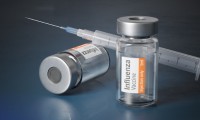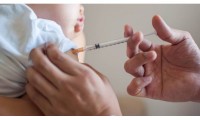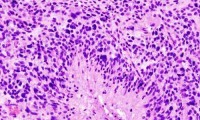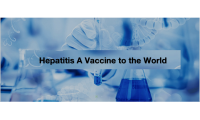-
Elevar Touts First-line Potential of Rivoceranib in Phase III Liver Cancer Trial
- Source: drugdu
- 131
- July 27, 2023
-
Sandoz Granted Positive CHMP Opinion for Multiple Sclerosis Biosimilar
- Source: drugdu
- 123
- July 26, 2023
-
Top 5 Foods with the Highest Prebiotic Content
- Source: drugdu
- 230
- July 25, 2023
-
Vir’s GSK-Backed Flu Vaccine Candidate Fails Phase II Trial
- Source: drugdu
- 151
- July 25, 2023
-
Sanofi Expects Infant RSV Shot to Roll Out Before Respiratory Virus Season This Fall
- Source: drugdu
- 127
- July 25, 2023
-
New ultra-flexible neural implant records single-neuron activity in deep-brain regions
- Source: drugdu
- 110
- July 22, 2023
-
AstraZeneca/Sanofi’s RSV antibody receives FDA approval for use in infants
- Source: drugdu
- 121
- July 22, 2023
-
Phase III Data Show Keytruda’s Promise in Earlier-Stage Cervical Cancer
- Source: drugdu
- 106
- July 21, 2023
-
Researchers Report on Inhibitory Effect of Glioblastoma Signals to Macrophages
- Source: drugdu
- 128
- July 21, 2023
-
Pukang Biotechnology Completes Phase IV Clinical Trial of Hepatitis A Vaccine
- Source: drugdu
- 144
- July 20, 2023
your submission has already been received.
OK
Subscribe
Please enter a valid Email address!
Submit
The most relevant industry news & insight will be sent to you every two weeks.













